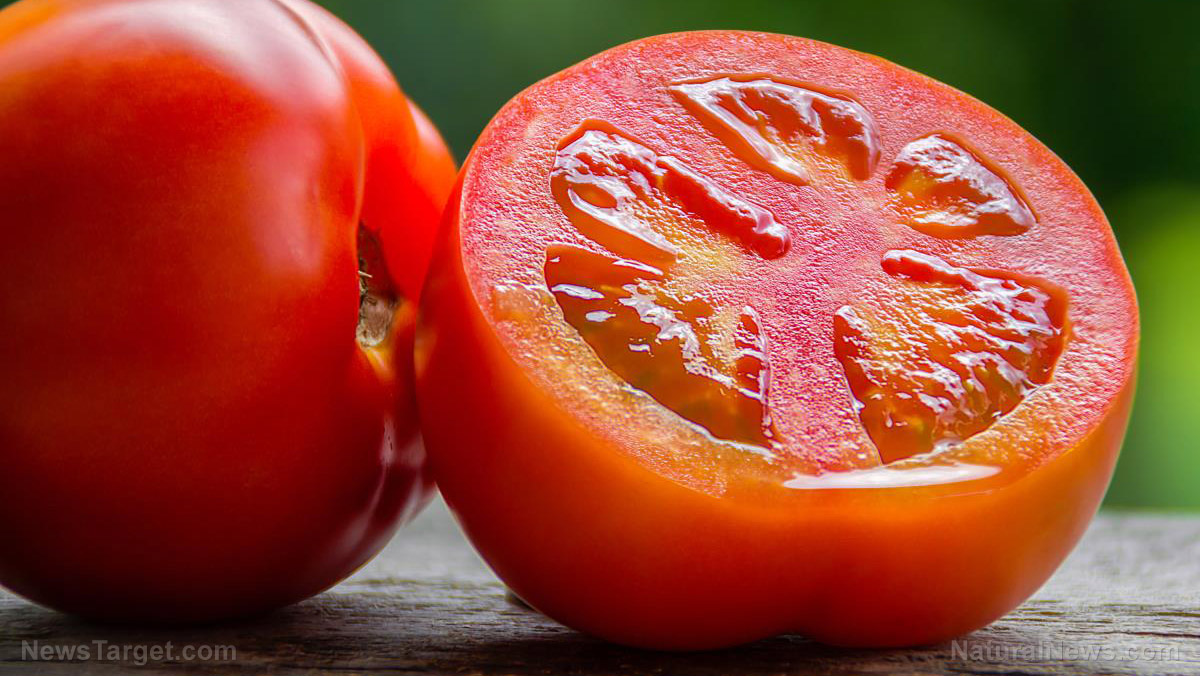These ten foods balance your blood sugar and prevent diabetes
08/19/2018 / By Russel Davis

The current diabetes epidemic makes it all the more important for people to watch what they eat. Here is a list of some of the most potent anti-diabetes foods that can effectively keep the disease at bay. (h/t to Healthline.com.)
- Brown rice — Whole grains such as brown rice have low glycemic index and contain essential nutrients such as magnesium and fiber.
- Apples — Apples are known to contain essential vitamins and nutrients that keep the disease in check. According to experts, apples contain the plant pigment quercetin, which promotes efficient insulin secretion while simultaneously staving off insulin resistance. Apple skin contain six times more quertecin than its flesh, experts said.
- Berries — Berries are packed with antioxidants and anti-inflammatory compounds that improve the overall health in diabetes patients.
- Yogurt — A study conducted by the Harvard School of Public Health revealed that daily consumption of yogurt may slash Type 2 diabetes risk by up to 18 percent. Certified diabetes educator Marina Chaparro noted that yogurt, especially its Greek variety, is packed with protein that promotes satiety and prevents large spikes in blood sugar levels.
- Non-starchy vegetables — These vegetables — such as artichokes, broccoli, and beets — have lower glycemic index and fewer carbs making them ideal for diabetes patients.
- Asparagus — Asparagus and other green leafy vegetables contain high levels of antioxidants that help curb inflammation and promote blood sugar balance. An analysis published in the British Medical Journal revealed that increased consumption of green leafy vegetables may cut diabetes risk by 14 percent.
- Nuts and seeds — These foods have low glycemic index and contain essential fatty acids that improve heart health and lower cholesterol levels.
- Coffee — A study published in the European Journal of Clinical Nutrition revealed that people who consumed more than one and a half cups of coffee daily for 10 years were 54 percent less likely than non-drinkers to develop diabetes.
- Tomatoes — Tomatoes are rich in lycopene that may help keep cancer and macular degeneration at bay. A study published in the International Journal of Food Sciences and Nutrition also showed that eating tomatoes may reduce cardiovascular risk associated diabetes.
- Citrus fruits — Citrus fruits such as oranges and grapefruits are excellent sources of fiber. Experts suggest eating citrus fruits whole instead of juicing it, as fruit juices were found to increase the risk of diabetes.
Type 2 diabetes rates continue to soar across the globe, with obesity and sugary diets being the main culprits, a report by the World Health Organization (WHO) stated. According to the organization, the global diabetes rates in adults showed a nearly fourfold increase from 108 million in 1980 to 422 million in 2014. Data also revealed that the disease was associated with 1.5 million deaths worldwide in 2012 alone. An additional 2.2. million deaths were tied to high blood sugar levels. According to the WHO, high blood sugar levels raise the odds of heart disease and other chronic conditions.
The American Diabetes Association (ADA) also reported that more than 29 million Americans were diagnosed with diabetes in 2012 alone, which accounted for a little more than nine percent of the total population. The ADA noted that 1.4 million people in the U.S. get diagnosed with diabetes annually. In addition, the ADA reported that more than 8.1 million Americans with diabetes were not aware that they have the condition. This puts them at an increased risk of disease-related complications, the ADA added.
According to the ADA, diabetes is the 7th leading cause of death across the country, killing as many as 69,000 people annually. A recent study published in the journal PLOS ONE showed that diabetes was responsible for up to 12 percent of deaths in the U.S. This rate was three times higher than previous estimates, researchers said.
Read more natural cures for diabetes at DiabetesCure.news.
Sources include:
Submit a correction >>
Tagged Under:
diabetes, diabetes prevention, disease prevention, food as medicine, food cures, grocery, natural cures, natural remedies, Natural Treatments, Type 2 Diabetes
This article may contain statements that reflect the opinion of the author
RECENT NEWS & ARTICLES
COPYRIGHT © 2017 GROCERY NEWS




















